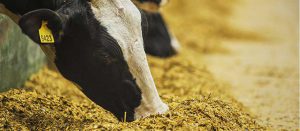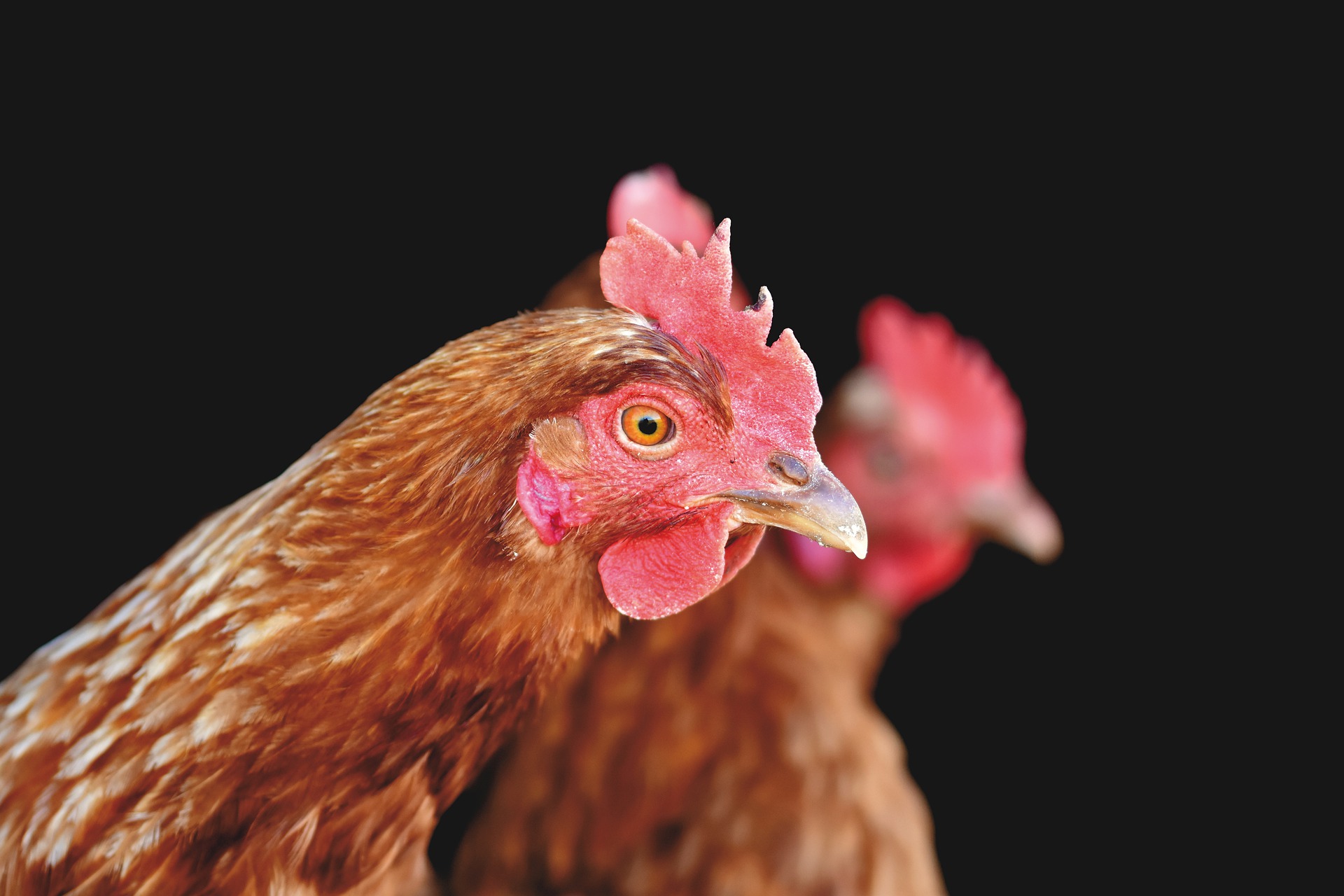Our world’s food and farming systems currently face multiple challenges ranging from increasing hunger, climate change, and biodiversity loss to farmers and food workers not earning a decent income. The way we produce and consume food can either alleviate or exacerbate these conditions.
- If knowledge, skills and attitudes of operators, rural service providers, and value chain actors are improved continually and targeted with innovation, organic operations will become more competitive and more sustainable. This will lead to an increase in supply.
- If multipliers targeted through communications effectively raise consumers’ awareness and encourage stakeholders to support organic solutions, demand for organic products will be enhanced.
- If global and national policies integrate and support sustainable agriculture in general and organic agriculture in particular, an environment more conducive to the growth of organic agriculture will be created.
“from IFOAM“
Organic agriculture stresses diversification and adaptive management to increase farm productivity, decrease vulnerability to weather vagaries, and consequently improves food security, either with the food the farmers produce or the income from the products they sell.
The goal of organic agriculture is to contribute to the enhancement of sustainability. But what does sustainability mean? In the context of agriculture, sustainability refers to the successful management of agricultural resources to satisfy human needs while at the same time maintaining or enhancing the quality of the environment and conserving natural resources for future generations. Sustainability in organic farming must therefore be seen in a holistic sense, which includes ecological, economic, and social aspects. Only if the three dimensions are fulfilled an agricultural system can be called sustainable





